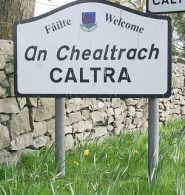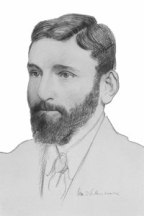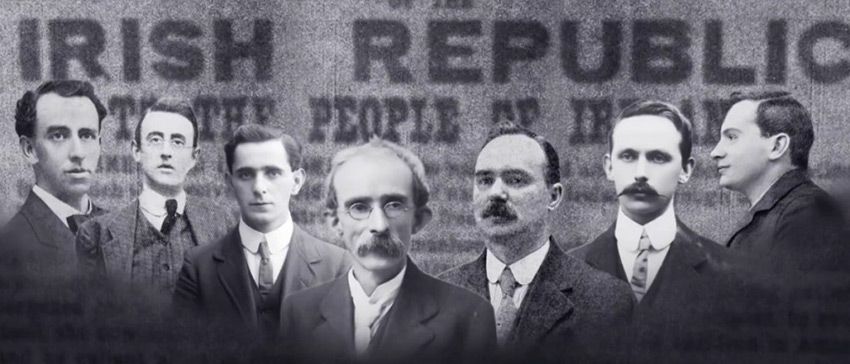Hannah Nuala Hogan Cummings was born in Waterford. Her parents were Patrick Hogan of Cork City and Bridget Keane of County Galway. Nuala’s father was in the Irish Army, and when Nuala was 3, the family moved to the Army barracks in the Curragh of Kildare where Nuala spent the rest of her early years. She qualified as a nurse in London and took a year’s job in New York City at Mt. Sinai Hospital. Near the end of her stay in New York, she met Springfield native Michael Cummings at John Barleycorn Pub. Mike was just finishing up a master’s degree at NYU in Public Administration. Nuala decided to stay on in New York, and Mike and Nuala were married a year later, moved to Albany, and now have five children, and four grandchildren with one on the way. Both Nuala and Michael have been active in Irish cultural and political affairs with the Ancient Order of Hibernians, Irish Northern Aid, and the Irish Unity Caucus since the 1970s.
 Nuala’s mother, Bridget Keane, was only a school girl during the War of Independence. She lived in the small east Galway town of Caltra close to the Roscommon border. She told Nuala stories of the Black and Tans riding through her town as the children were walking to school, frightening the children with their guns pointed at them. Her mother also remembered a man being dragged to the town square and shot by the Black and Tans before the whole town.
Nuala’s mother, Bridget Keane, was only a school girl during the War of Independence. She lived in the small east Galway town of Caltra close to the Roscommon border. She told Nuala stories of the Black and Tans riding through her town as the children were walking to school, frightening the children with their guns pointed at them. Her mother also remembered a man being dragged to the town square and shot by the Black and Tans before the whole town.
In the early decades of the 20th century, Nuala’s father’s family, the Hogans, were staunch republicans. Like many boys too young to join county militias, Nuala’s uncle was a message runner for the IRA. Historians have cited runners as an integral part of any guerilla army, for they are the means of communication in a covert operation. It is the way of passing vital information, either orally or in writing, from leaders to subordinates. The system made it difficult for the British to intercept information, but was nonetheless very dangerous for the young lads doing the running.
 Hogan family lore also insists on a family connection between the Hogans and the republican Kents of Cork. Brothers Thomas, David, William, and Richard Kent planned on participating in the 1916 rising, but stayed home on Easter Sunday and Monday when they received the countermand. When the RIC started rounding up republicans in Cork in the aftermath of the Dublin revolt, the Kents fought back. Richard and David were wounded, Richard fatally, and Thomas and William were arrested and tried with treason. William was acquitted, but Thomas was found guilty and executed in Cork on May 9, 1916. Thomas Kent, pictured right, and Roger Casement are the only two Irish republicans executed outside Dublin for their part in the events of Easter week, 1916.
Hogan family lore also insists on a family connection between the Hogans and the republican Kents of Cork. Brothers Thomas, David, William, and Richard Kent planned on participating in the 1916 rising, but stayed home on Easter Sunday and Monday when they received the countermand. When the RIC started rounding up republicans in Cork in the aftermath of the Dublin revolt, the Kents fought back. Richard and David were wounded, Richard fatally, and Thomas and William were arrested and tried with treason. William was acquitted, but Thomas was found guilty and executed in Cork on May 9, 1916. Thomas Kent, pictured right, and Roger Casement are the only two Irish republicans executed outside Dublin for their part in the events of Easter week, 1916.
Nuala remembers her father telling her that he saw Maud Gonne on the street in Dublin and how he cried the day Michael Collins was shot. After the Civil War, Patrick Hogan joined the Free State Army and eventually became a body guard for Eamon DeValera.
